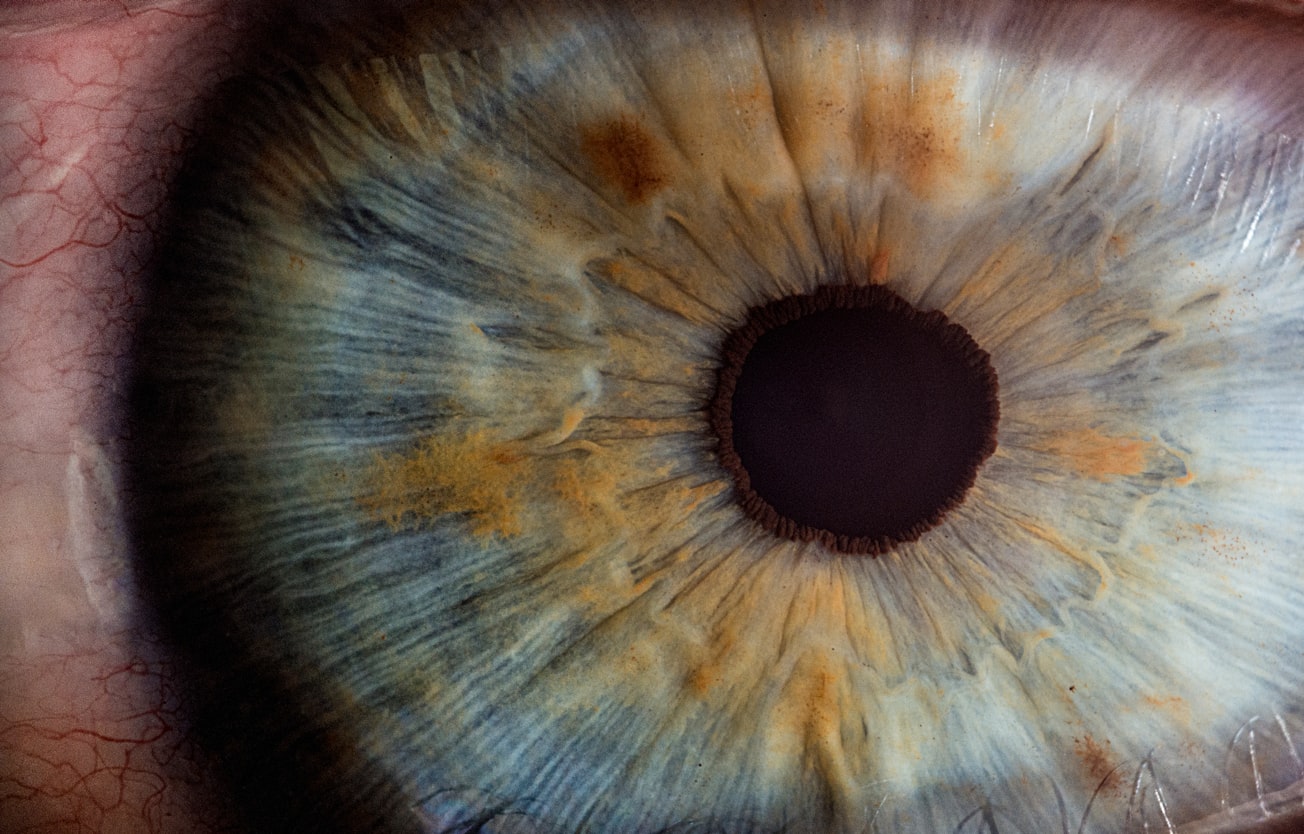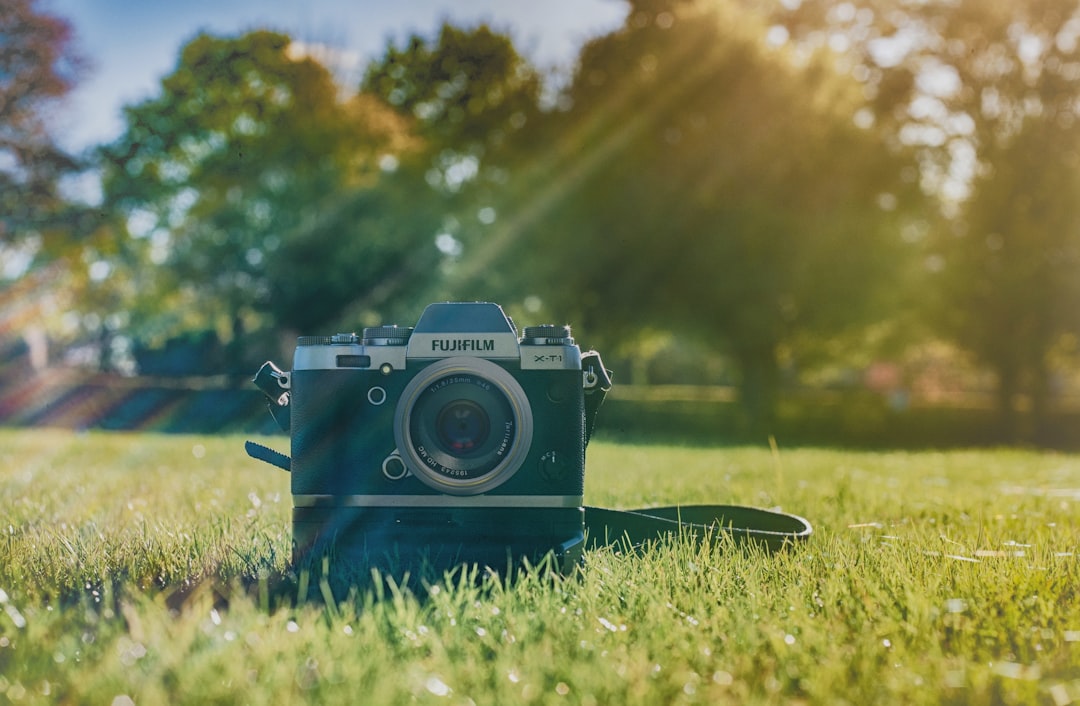What is it about?
Blindness can have a profound affect on hearing. Some abilities often get sharper and better (such as musical abilities and hearing sound motion), but others get worse (such as judging the height or distance to a sound). This paper provides an account for why this happens, and what it is about certain abilities that mean that they will get better following vision loss while others become worse.
Featured Image

Photo by v2osk on Unsplash
Why is it important?
Until now, there have been two predominant points of view for why hearing abilities get better (the perceptual enhancement hypothesis) or worse (the perceptual deficit hypothesis). This is the first time that an explanation has been put forwards to bring the two together, in a new hypothesis called the perceptual restructuring hypothesis, that will help identify and explain the hearing abilities that get worse so that they can be improved using training and technology, and so that the abilities that get better can be used to their maximum potential in daily life.
Perspectives
The review section of this paper showcases the large number of elegant and thought-provoking studies that have looked into the effects of vision loss on hearing over the years, and gives us an idea of where the research is in terms of the hearing abilities and listening situations tested so far, and the others that need to be looked into. The proposed framework will hopefully help to explain how the senses work together to give us the most accurate information about what is out there in the world, and provide some insight about our perceptual system's amazing ability to be flexible when a major sense is lost.
Andrew Kolarik
Anglia Ruskin University
Read the Original
This page is a summary of: A framework to account for the effects of visual loss on human auditory abilities., Psychological Review, October 2021, American Psychological Association (APA),
DOI: 10.1037/rev0000279.
You can read the full text:
Contributors
The following have contributed to this page










